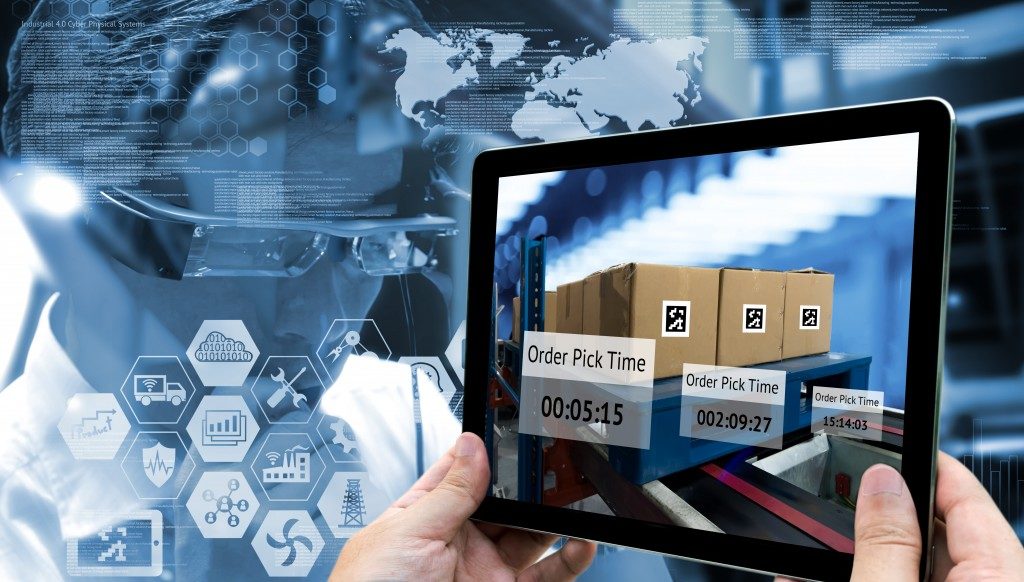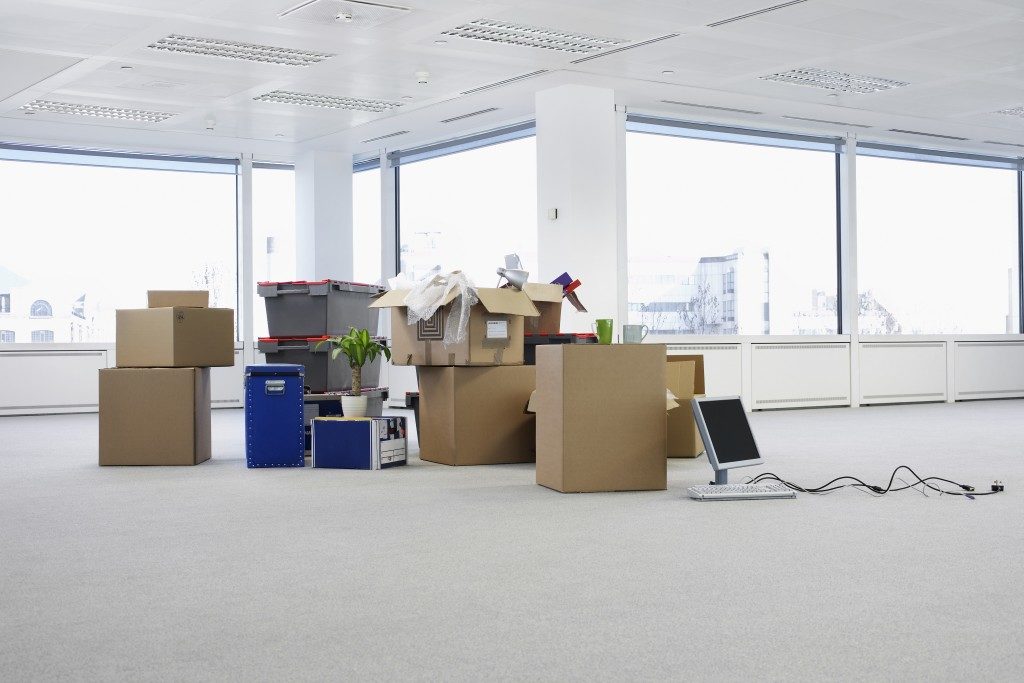Online shopping has taken the lead when it comes to customers’ preferred method of purchasing. However, it’s not just the ergonomic and intuitive software UI that matters when growing the burgeoning e-commerce industry. A large part of its success can also be connected to the strides and bounds the logistics industry has achieved, particularly in the field of logistical technology. Let’s take a look at what tech industry specialists use and how it can affect our future.
Robots and Autonomous Machines
Perhaps the biggest game-changer when it comes to warehouse management is the arrival of robots. This technology makes the entire process faster and more efficient than ever before.
Inventions such as Boston Dynamic’s warehouse robots allow for complete automation and autonomy. These robots can take on highly complex tasks such as unload delivery vehicles and use pallets for warehouse transporting like moving boxes and piles. They also have long, robotic arms that enable them to achieve transporting feats that require multiple people.
On the later part of the logistics process are self-driving vehicles that are projected to allow for unmanned deliveries. Through the use of drones, they can even deliver on the same day customers send in their orders. The continuous development within the field of automation is exciting, to say the least, and leaves people wondering what further innovations we will see.
You Can Track Your Shipments Real-time
Before, whenever we made online purchases or mail orders, we only estimated the delivery date. This estimation was often off its mark too. We were generally left in the dark in delivery and hoped that our packages would arrive safely.
Nowadays, it’s a different matter. You can track almost the delivery path of every order you make, even find out where your package currently is and when it will arrive. This benefits both the seller and buyer, as shipments can easily be managed and tracked to make sure they arrive.
This results in fewer lost shipments. With the system’s reliability, it has become the most used form of delivery by web-based tech franchises and businesses that need their products to reach their consumers.
Customer Data Drives Business Decisions
With all of the complexity that tools used in sales and logistics have evolved into, industry experts have discovered something that essentially improves the logistical process tenfold: predictive analysis. Large companies like Amazon analyze the most sold products. They are anticipating the demand by sending products to nearby facilities to offset potential orders and have them delivered faster.
This then leads to a whole new dimension of logistics and delivery. Logistics becomes more of an analysis of consumer patterns and predicting potential behavior to better prepare for them.
Sustainable Technology Is the Future
With environmental concerns becoming an ever-growing issue, major establishments are beginning to take it into consideration when it comes to their operations. Adding the integration of artificial intelligence into their process, such as route strategizing and demand analysis, a sustainable format for logistics is very much possible.
Businesses can reduce their environmental impact by utilizing electric cars to deliver goods and formulating the most efficient route to consume the least amount of energy. Large conglomerates are also pledging to adhere to Paris Agreements by using low emission technology in their operation. This trend seems to be more of a permanent adoption as many sustainable methodologies of logistics also result in a considerably more efficient output.
GPS Is More Accurate Than Ever

In the early days, people would bring around large maps to get from one place to another, especially if they were alien to the place they were traveling to. And then GPS was created, a very convenient way to track your location and the location relative to your destination. In its infancy, GPS was treated as more of a novelty, as its accuracy was not reliable.
However, as its technology progressed, it became so reliable that it’s baked into our everyday devices: smartphones. Of course, cars are among the ones it has benefited the most, given that they can allow a vehicle to travel while being tracked and follow a predetermined course to a destination. But with GPS available in phones, a device that can be carried everywhere, logisticians and couriers can arrange deliveries with great ease and high certainty of success.
We can all safely assume that the future of e-commerce is a bright one. Delivery methods and warehouse management techniques will only improve from this point on. Perhaps, we can even expect online purchases to overtake face-to-face transactions, something that we’re beginning to see now.




